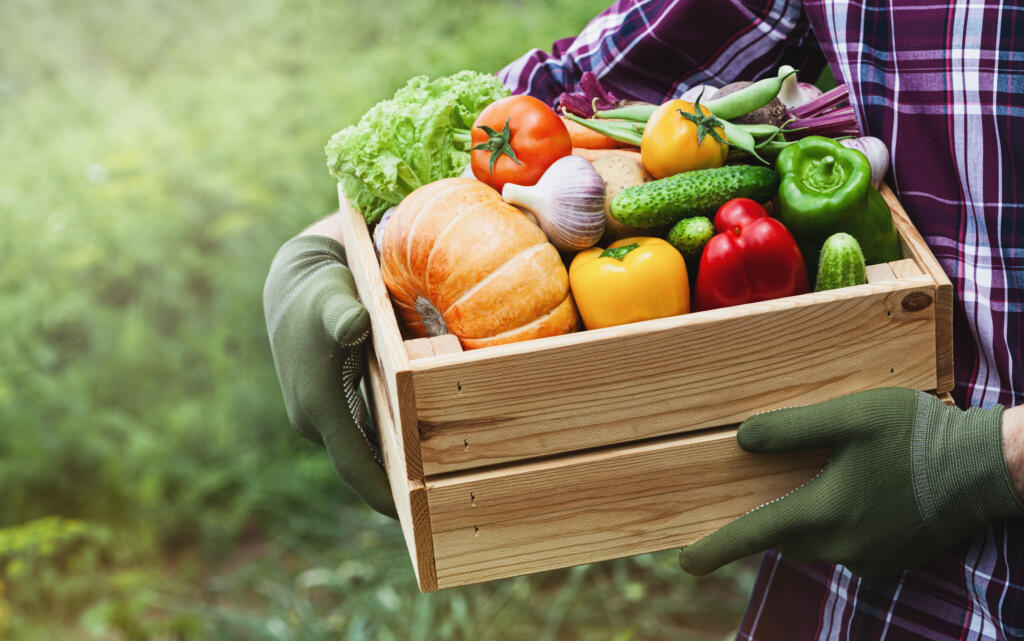
The word “allotment” generally brings to mind the image of a collection of small garden plots rented from the local council. However, it is also possible for a private landowner to rent out a small plot of land for use as a vegetable garden, but doing so risks giving your new tenant many of the same protections enjoyed by tenants of council allotments.
Allotments were clearly a matter of some public concern in the early twentieth century, as no fewer than seven Acts of Parliament addressing the subject were passed between 1908 and 1950. Most of the rules set out in these acts relate to the obligations on local authorities to provide and manage allotments, but some can also affect tenancies created by private landowners, provided that the arrangement in question counts as a lease of an ‘allotment garden’.
To qualify as an allotment garden, the leased area must meet two simple criteria:
- It must be under a quarter of an acre in size; and
- The tenant must plan to use it to grow crops or vegetables to feed themselves or their family. In some circumstances, it can also be sufficient if the tenant later starts to use the land to grow produce, even if that was not the original purpose of the tenancy.
There is no need for the lease to be in writing, and so an oral agreement could potentially create such an allotment garden tenancy. In addition, a more informal arrangement which the parties believe is a mere licence rather than a lease could still become an allotment garden lease if the licensee has exclusive use of the area in practice.
If the land leased to a tenant does qualify as an allotment garden, the tenant will automatically enjoy a number of additional rights and protections, even if contradictory terms were included in the actual agreement between the landlord and the tenant.
The most important terms of these allotment tenancy agreements are:
- The tenancy can generally only be ended by giving the tenant at least twelve months’ notice;
- Even when the necessary twelve months’ notice is given, the tenancy can only be brought to an end on a date between 30th September and 5th April (i.e. outside peak growing season);
- The tenant can require the landlord to pay compensation for any crops or manure on the property at the end of the lease; and
- The landlord will not be able to prevent the tenant from keeping hens or rabbits (together with henhouses or rabbit hutches) unless the animals are causing a nuisance or prejudicing human health.
Accidentally granting these additional rights to a tenant could prove deeply inconvenient, especially in a situation where a landowner believes they have entered into a very casual arrangement to allow a neighbour or an existing residential tenant to use a nearby section of land as a vegetable plot.
It is also a point worth bearing in mind as a prospective purchaser of land – if it appears that a third party is occupying an area as a vegetable garden, have they acquired an allotment garden tenancy and does this complicate your plans for the land?
